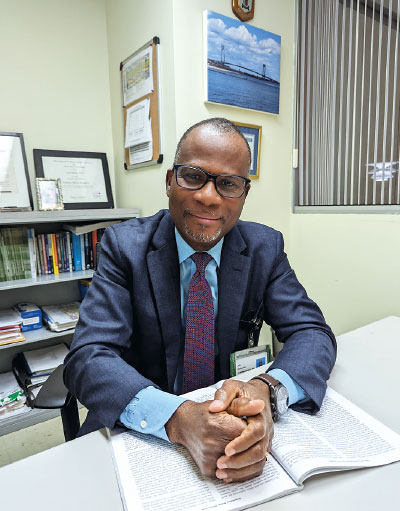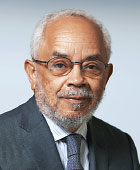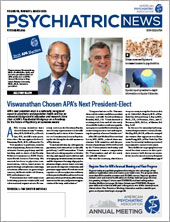There are many published stories of international medical graduates settling in the United States. A good collective example is described by Daniel José Gaztambide in his A People’s History of Psychoanalysis (Lexington Books, 2019). He discusses the early psychoanalysts fleeing persecution in Europe and seeking safety on this side of the pond. The account is grand by design, signaling the historicity of psychoanalysis. However, there are quieter tales of this search for refuge, like the one I recount here about the Nigerian Dr. Joel Akande Idowu. His story is about being caught in the mundane pressures of life in a developing country that offers minimal opportunities to bloom and flourish. The local conditions often just favor migration, one of the most common outlets for releasing social and economic pressure in one’s homeland. A subsequent life focus is to explore the possibility of putting down roots in a foreign land.
Joel Idowu was the youngest of five siblings born to a farmer father and trader mother in Arigbawonwo (pronounced Aree-ba-won-wó), a hamlet of about 200 citizens located in Ogun State in western Nigeria. There were no formal birth certificates issued there, although Joel’s father kept a ledger that recorded important birth events. Growing up in that village made Joel noticeable because of his innate curiosity and cheerful disposition that collectively suggested a youngster with academic promise. He also had older cousins who were schoolteachers. They kept an eye on him and obtained his father’s permission to take responsibility for Joel’s education. The schoolteachers moved around the region from one job to another to improve their professional status. So, they soon realized that maintaining continuity in Joel’s education would require his placement in a boarding school. That happened in 1973, and Joel became a boarding student at age 12. When his father died in 1975, an older relative took over defraying the cost of Joel’s education.
The boarding school had its advantages, and Joel flourished in the new context. The students, all boys, came from a wider community and from families that were Muslim, Catholic, or Protestant. English was the language of instruction, but Yoruba remained the medium of discourse at home. He was also exposed to Islamic religious instruction and to the Arabic language. He enjoyed being the best student in class and became more outgoing in the comfortable school environment. The long vacations were for spending time with his mother. This divided life was pleasurable and suited his disposition.
Joel’s solid academic performance justified his relatives’ financial support and reassured him that he was not wasting the generous outlay of money spent on him. When he was ultimately admitted to the University of Lagos in 1982 as a medical student, he saw himself moving among future doctors from families accustomed to privilege. He had no stories to tell about the benefits of being born with the proverbial silver spoon securely placed in his mouth. He realized in medical school that it would be worthwhile for him to become adept at student politics and to think about matters such as leadership, service, and representation of others who lacked voice in their surroundings.
Joel graduated from medical school in 1987 and went into the required rotating internship in a rural hospital of northern Nigeria. He saw the year as a worthwhile experience learning how to provide medical care with minimal resources. Although frustrating at times, he could sense his increasing clinical sophistication and confidence. This process also helped him recognize that he had no social or family connections that could help him set up a medical practice in Nigeria. Thus, the most viable option was to migrate overseas and obtain postgraduate training in Europe or North America. He accepted the pathway of a two-year contract with the Trinidad government. At the end of that, his wife was recruited by a New York City hospital. It was she who obtained the visas that facilitated resettlement in the United States in 1992. It then took him another two years to win a place in the psychiatry residency program at Harlem Hospital. After that, he specialized in forensic psychiatry at the State University of New York in Syracuse.
Over the next 15 years, he moved through both inpatient and outpatient hospital positions and finally reached a senior post leading the Department of Psychiatry at New York City’s Richmond University Medical Center. His major roles as a clinician educator and physician executive reflect the benefits of his experiences with mundane impediments and barriers to smooth success. I often contemplate his deft manner of handling an administrative meeting or his distinguished performance as an expert witness in court and marvel at the long journey from the Nigerian hamlet to the pinnacle of his present profession. I wonder at the elements that nourish such resilience and accomplishment. ■


